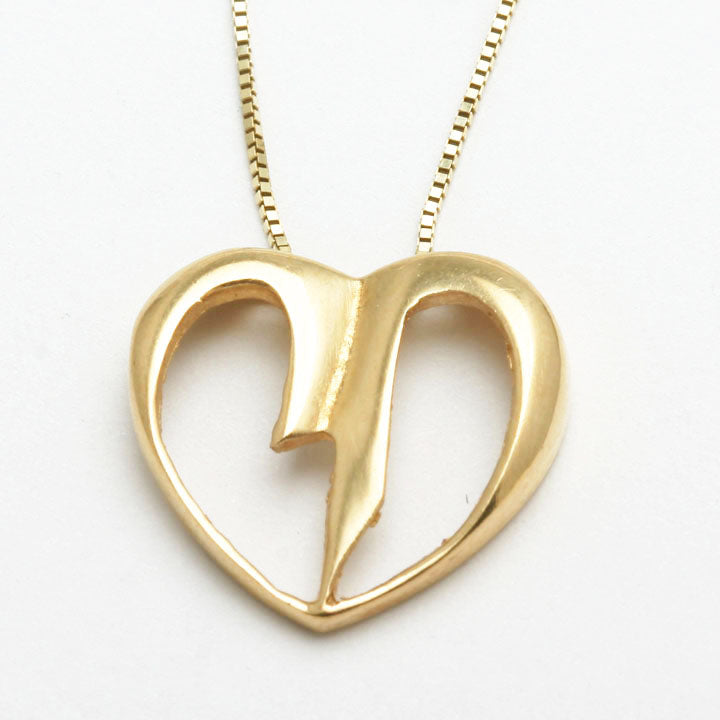
Tu B’Av
Tu B’Av
ט ו באב
Ah, Valentine’s Day. A joyous occasion of roses, chocolate, and eating ice cream by the tub alone in your room. While Valentine’s Day has gained notoriety around the world, Tu B’Av is still very unknown. A Jewish holiday with uncertain roots has transformed into a whole day devoted to love and human connection.
Since this holiday is very old (as many things are in the Jewish religion), there is no set “beginning” of this tradition. The story goes that one day, the daughters of Jerusalem danced in a vineyard wearing white dresses, and the men were asked which one they would want to be their wife. That’s why the modern take of this day is all about love. The men were said to find their one true love dancing in the vineyard. To celebrate and signify the white the dancing women wore, here is a beautiful white gold chai pendant. This pendant not only symbolizes the white frocks the women wore, but also embraces the femininity of the women. The swirl cutouts are reminiscent of the vineyards women danced in.

Even though this holiday is not widely celebrated, the Talmud (the Jewish book of teachings) considers this day of festivals the greatest of all the holidays, with Yom Kippur a runner-up. Personally, I find it positively insane that I have grown up all my life being told that Yom Kippur is the most important holiday, when in fact it was simply a holiday of dancing, celebration, and love. I would much rather be dancing in the streets than sitting in temple on a day off in uncomfortable clothes.
The thing is, there is no legal “day off” in Israel for Tu B’Av. It is a normal work day. Religiously, this holiday is observed through an omittance of certain morning prayers. For a holiday the Talmud thinks is more important than Yom Kippur, it seems like a pretty measly celebration. However, in more modern times, Israeli culture has celebrated this holiday with celebrations of dancing and singing into the night. Here is a sleek ahava pendant to honor the holiday in a very modern way. The small rose gold charm is 14k of elegant beauty. “Ahava” (spelled אהבה in Hebrew) directly translates to “love.” This pendant can make you feel even more connected to Israel, as it is a replica of the famous statue in Tel Aviv.

It is a good thing this holiday is when it is. It follows the somber holiday of Tisha B’Av, which is a day of remembrance of all of the travesties and genocides the Jewish people have endured. In my eyes, it is a nice contrast from a dark day to one of love and acceptance. It shows the true Jewish resilience that one can go from a day of memorial, moments of silence, and sirens in the street to love, harmony, and peace.
The whole foundation of this holiday is love. Yes, it started out simply for men to find wives. However, over time it has come to mean so much. One single day, devoted to love. Love of self, love of others, love of love. I truly think that is what we, as humans, need right now. In a turbulent time when antisemitism is on the rise, what the Jewish people need is more and more love. To come together, rather than drift apart. Now, more than ever, Israel should stay united under love, and Tu B’Av is the best way to celebrate that.




Comments
Althea Campbell
Thanks for this article. Very informative.
February 07, 2020
Leave a comment